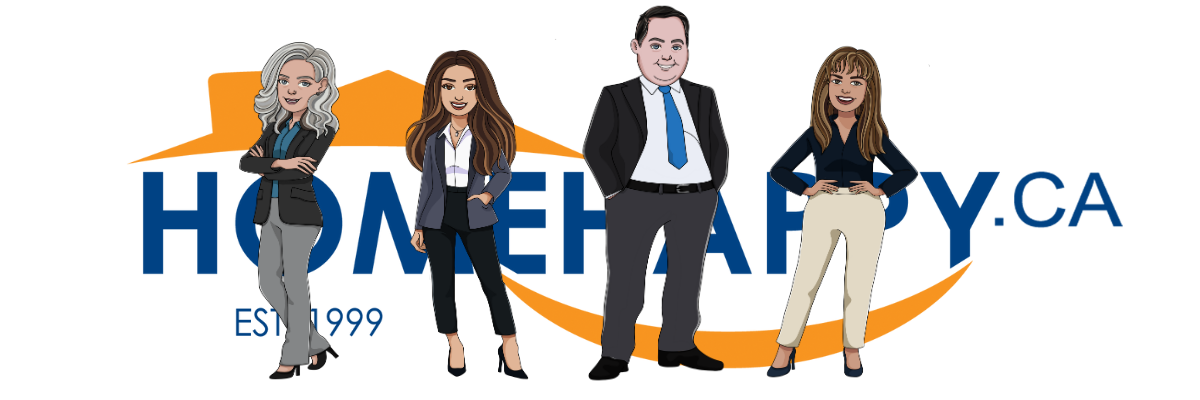Protecting Your Credit Through a Divorce
No secret here, divorces are challenging, there are a lot of things to think about in a short amount of time. Although finances are often at the forefront of the discussions as it relates to the separation of assets, managing and maintaining personal credit can be swept to the side to deal with later. And unfortunately, this can be devastating as you try to rebuild your life down the road.
So, if you happen to be going through or preparing for a divorce, here are a few things you can do to ensure you make it through with your credit intact.
Manage Your Joint Debt
If you have joint debt, you are both 100% responsible for that debt. Your responsibility for that debt continues even if the debt has been allocated to be paid by your ex-spouse in the divorce settlement. A divorce settlement doesn’t mean anything to the lender.
The problem here is if your ex-spouse falls behind on their payments; if the debt has your name on it, your credit report will be negatively impacted for the next 6 - 7 years.
What you need to do is go through all your joint credit accounts and if possible, cancel them and have the remaining balance transferred into a loan or credit card in the name of whoever will be responsible for the remaining debt. You should not have any joint debts remaining.
It’s also a good idea to check your credit report about 3 - 6 months after making the changes to ensure the changes were made. It’s not uncommon for reporting errors to take place.
Manage Your Bank Accounts
Just as you should separate all your joint credit accounts, it's a good idea to open a checking account in your name and start making all your deposits there as soon as possible. You will want to set up the automatic withdrawals for the expenses and utilities you will be responsible for going forward in your personal account.
At the same time, you will want to close any joint bank accounts you have with your ex-spouse and gain sole access to any assets you have. It’s unfortunate, but even in the most amicable situations, money (or lack thereof) can cause people to make bad decisions, you want to protect yourself by protecting your assets. The last thing you want is for your ex-spouse to drain your bank account.
In addition to opening new accounts, chances are your ex-spouse knows your passwords to online banking and might even know the pin to your bank card. While you’re opening new accounts, take this time to change all your passwords to something completely new, don’t just default to what you’ve always used.
Setup New Credit in Your Name
There might be a chance that you’ve never had credit in your name alone, or that you were a secondary signer on your ex-spouse’s credit card. If this is the case, it would be prudent to set up a small credit card in your name. Don’t worry about the limit, the goal is to just get something in your name alone, down the road things can be changed, and you can work towards establishing a solid credit profile.
If you have any questions about managing your credit through a divorce, please don’t hesitate to contact us anytime.As a mortgage expert, understanding how credit impacts your ability to borrow money in the future is what we work with every day.
Share:
Recent Posts







